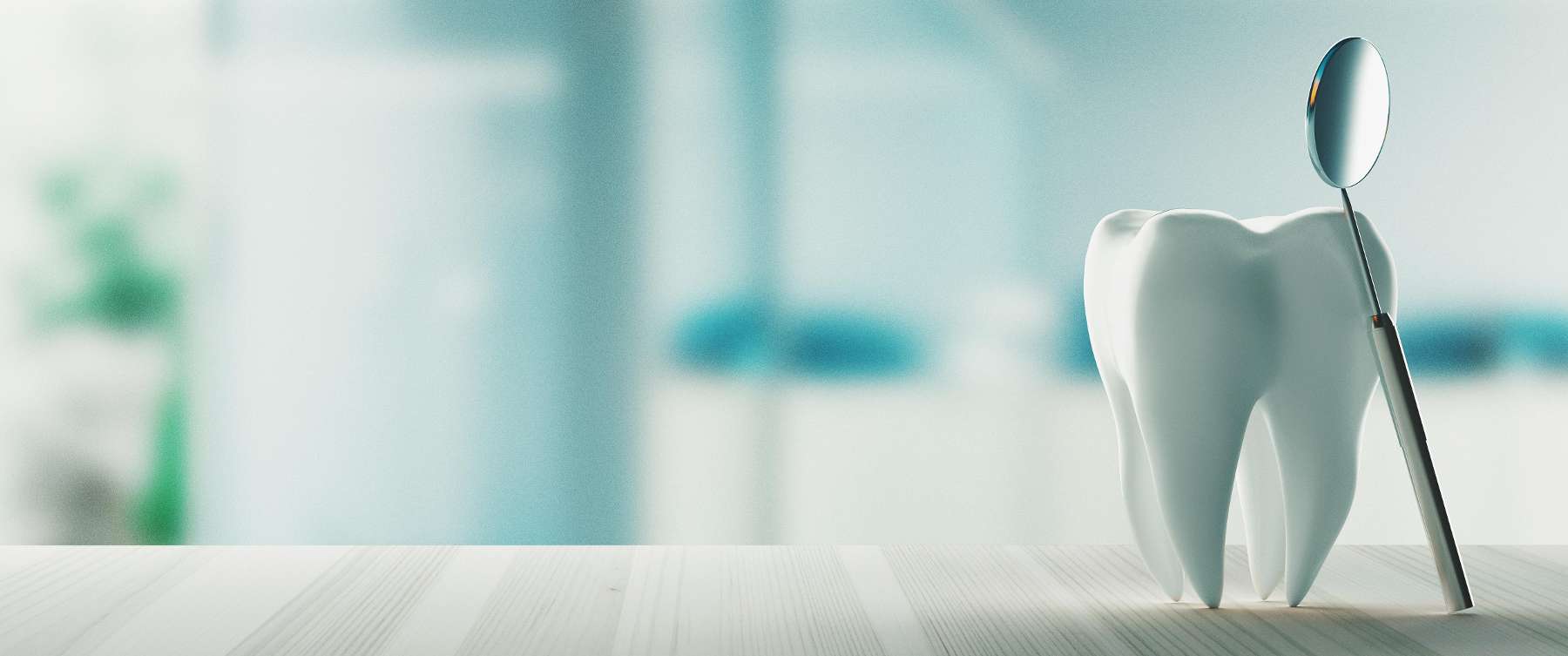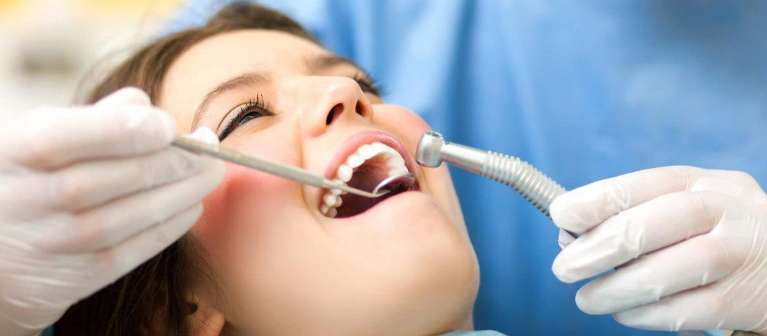
Everyone brushes their teeth (hopefully) but are you a tooth cleaning master? There is far more to effective teeth cleaning than just rubbing some toothpaste over your pearly whites. High rates of gum disease and tooth decay are proof that many of us are missing the mark when it comes to removing plaque and bacteria from our teeth.
If preventing tooth decay and disease isn’t reason enough to work on your cleaning technique, then maybe the preservation of the appearance of your teeth is. Yes, good brushers have beautiful teeth. And Good Breath. No bad breath!
Here are 7 easy tips you can incorporate into your teeth cleaning routine.
First Things First, Visit a Hygienist
The first place to start, on your journey towards clean healthy teeth, is with a visit to your dental hygienist for a professional clean. This is the only treatment that gets your teeth really clean. Using specialised tools, a hygienist will remove all the plaque and bacteria that has built up on your teeth.
A dental hygienist will also be able to judge how effective you are at cleaning your teeth and will then be able to provide the expert knowledge you need.
You should also visit your dentist for a scale and clean every six months if you want to enjoy lifelong dental health.
Focus On Feel Not Technique
You need to focus on ‘feel’ when brushing your teeth. ‘Feel’ means the feeling of the brush actually removing bacteria and pushing underneath the gum line to flush out any nasties. The basic technique to create this ‘feel’ is:
- Use small circles and hold the brush at a 45-degree angle to the tooth
- Angle the tooth brush so that it pushes underneath the gum
- Brush every area of your mouth – teeth, gums, tongue and cheek
- Use a system – start in the same spot and move from front to back or outside to inside and always finish at the same spot
- And remember that correct toothbrushing technique is like trying to remove dirt from under your finger nail. You need to get into the normal gap between tooth and gum.
Arm Yourself With The Right Tool
Most people require a toothbrush with soft bristles on a small head. Toothbrushes with big heads make it difficult to reach all areas of your mouth, while toothbrushes with soft bristles are gentle on your enamel and gums. It’s not about brushing hard, it’s about brushing effectively.
An electric toothbrush may be a good idea if you’re struggling with technique, but it really is a matter of preference. You can do as good of a job with a manual toothbrush as you can with an electric, as long as you’ve got the correct technique.
Give It Some Time
If you want clean teeth, brush twice a day. The optimum times are before breakfast and just before going to bed. Cleaning after breakfast will rub bacteria and acids into your teeth, and if you eat anything after brushing at night, you’ve undone all your good work.
You should brush for about two minutes, or even more. Put on some music or treat it as meditation. It can be a great way to relax at night or set your intentions for the following day.
Look After Your Toothbrush
You wouldn’t put something dirty in your mouth, so make sure you keep your toothbrush clean. The best way to do this is to clean it with some water and dry it afterwards. A good rinse removes any bacteria as well as residual toothpaste. A good air dry prevents it from getting mouldy.
You don’t need to reinvent the wheel. A quick rinse and a couple of flicks once you’re finished is all that is required.
Every Toothbrush Has Its Day
You can’t keep your toothbrush forever. The Australian Dental Association recommends that you should replace your toothbrush every two to three months. Of course, if yours looks a little weathered before that, then go ahead a get a new one. Signs of degradation include flat, or skewered bristles or you just cannot get the feeling of the bristles of this brush pushing under the gum – then change your toothbrush.
If you’re worried about landfill, invest in a bamboo option. Bamboo toothbrushes are as effective as regular toothbrushes and are 100% biodegradable.
Use This Time To Check The Health of Your Teeth
While brushing your teeth, if you notice any blood, or you feel a tender or sore spot or even a wonky tooth, it’s probably a good time to visit the dentist. Bad breath is also a sign of poor oral health, so give that brush a bit of a sniff.
Prevention is always the best cure, and the team at Lifetime Dental is always happy to organise a check-up, no matter how insignificant the problem may seem. There is not such thing as a stupid question.
If you would like more information or to book an appointment, please contact us.





